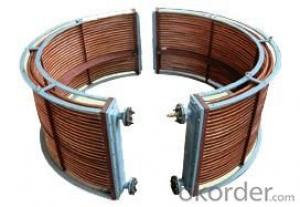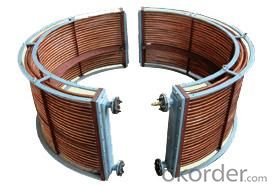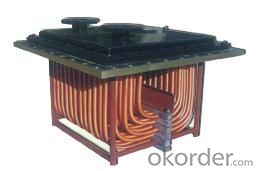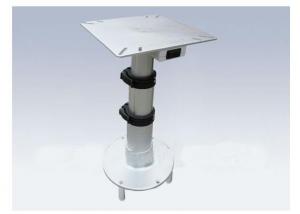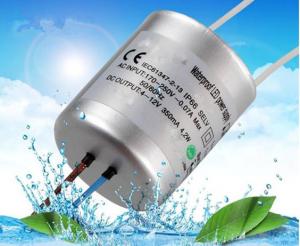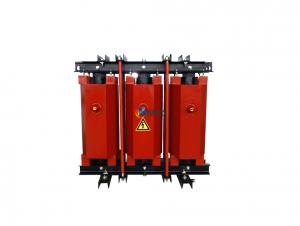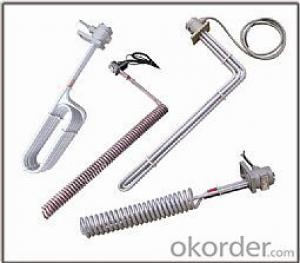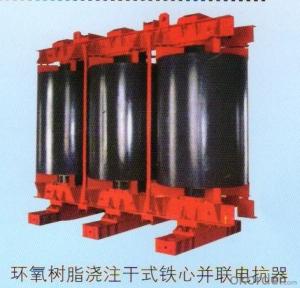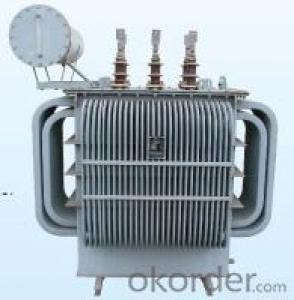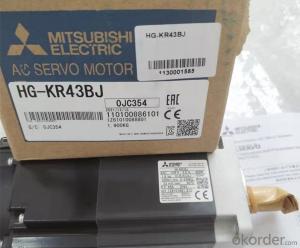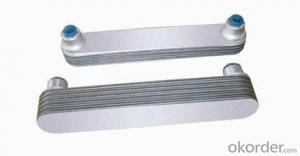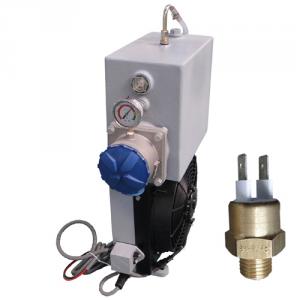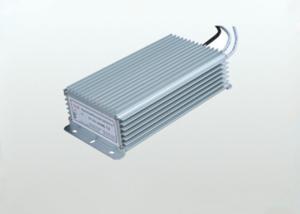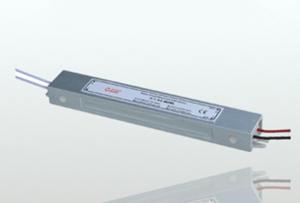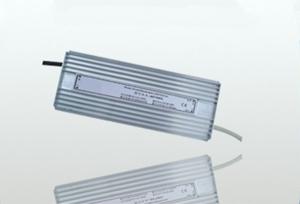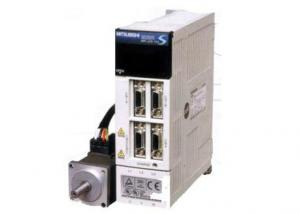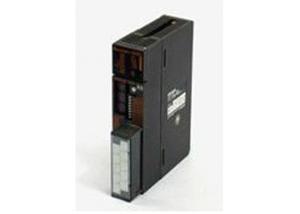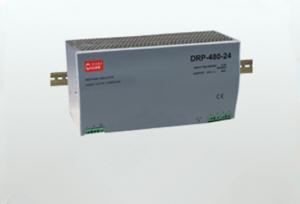Drawer Type Oil Cooler/ Cajon Tipo enfriador de aceite
- Loading Port:
- Nanjing
- Payment Terms:
- TT OR LC
- Min Order Qty:
- 10 set
- Supply Capability:
- 100 set/month
OKorder Service Pledge
OKorder Financial Service
You Might Also Like
The role of the oil cooler
The engine oil temperature rise is faster at the beginning, heat transfer oil to the engine casing has a time lag Within this time oil cooler has effect When you touch the engine casing will feel very warm feeling You will feel good
Wait until the engine running after a long time The speed also Oil cooler is also the best working condition Shell temperature of the engine at this time has been elevated to a higher degree of quick touch the motor shell will find very hot but not that kind of touched touch shall not degree At the same time, oil cooler temperature is high This situation shows the thermodynamic process has balanced the motor speed of air cooling and heat conduction process is in balance will not raise the temperature This time the temperature of the 2 points of two 1 oil temperature the temperature of the engine casing The former is higher than the latter
The absence of oil cooler
Under the condition of not installed oil cooling In the same process as above Will find start engine temperature rises fast in the short time engine shell is almost touch after driving for a long time The temperature of the engine case you can't use hand to touch Even a very short time contact We usually use judgment method is to use water in engine case heard the sound of nothing The engine casing temperature has more than 120 degrees
- Q: hi, i am in my final year electrical engineering can any one provide me the latest booming seminar topics.
- see this website engineering.electrical-equipment.
- Q: I just moved into an apartment building that apparently has a chronic problem with power surges. The power tends to go on and off several times a week, for no apparent reason. I know I need to buy power surge protectors for all my equipment, but I don't know what type. I've seen surge protectors (multi-plugs) that say 875 joules, 1,045 joules, and so on, but I don't know how to translate that in terms of equipmentFor example, I have a TV, DVD Videocassette player, and high-quality music equiment all plugged into a multi-plug in the living room. Should I buy a multi-plug power surge protector for this area, and what energy requirement should that surge protector have if I'm going to plug all that equipment onto it? What type of a power surge should I buy for my computer? What about the fridge? Air conditioner? Remember, I'm probably going to need to put power surge protectors all over the place, so which would be best for the different types of equipment in a home?Thanks!!!
- If you have access to your electrical panel i.e in the apartment you may want to see if a whole house system could be installed the run around $200 US plus installation. If you can not do this, start with brand research and get specialized units designed for each type of component. Make sure the manufacturer includes a lifetime connected equipment warranty if they should fail.
- Q: Context:Provide rated electrical equipment where combustible dust is present.
- rated (as in designed and certified) for use under the specific hazardous condition. Anti-spark or anti-explosion systems; ones that are rated to provide those safety features, and only ones that provide those features.
- Q: 1. what is electrical and wiring system?2. what are the factors to be considered in designing an electrical wiring system in buildings?3. what are the possible ways of saving energy when designing an electrical and wiring system in buildings?i just need the experts opinion about this.thanks!
- A building electrical system includes all of the equipment and wiring designed by the electrical engineer. This begins at the utility power connection and includes the service entrance equipment (meter base, current transformer cabinet and main disconnect switch), a main distribution panel (main breaker panel or main switchboard), and branch circuit distribution panels. The electrical system includes all wiring from the connection to utility power to connections to all electrical utilization of equipment. The electrical system also includes building lighting and lighting controls, building premise wiring for computers, computer hub room equipment, security systems, public address/broadcast system, keyless entry system, fire alarm system, and standby and emergency power systems. The main factors to consider is square footage of building, type of occupancy, number of occupants, and applicable local codes, the number of floors in the building, location of exits and stairwells. These considerations are used especially in determining what voltage with which to serve the building and size (ampacity) of service entrance and main distribution panel. These statistics are also important in the design of the fire alarm system. The main ways to save energy is through use of occupancy sensors and daylighting controls for lighting (the latter assumes windows or skylights for introducing daylight). These controls will keep the lights off unless specific areas are occupied, and lighting along with HVAC are the largest electrical loads. Energy costs (both electricity and heating fuel) can often be significantly reduced by incorporating CO2 sensors and variable frequency drives to control air handlers (large fans) rather then running them continuously at a rate to support maximum building occupancy, as is the case in many buildings.
- Q: I saw something about people who have problems with electrical equipment. Also lights flicker or go on and off or dim. The devices either will not work or act strangely for no apparent reason. There is nothing wrong with the equipment because it will work fine for any other person. There is a metaphysical term for people like this. They also tend ot hear static or voices when tv/radio or computers or off. It has to do with some kind of extra sensory. I am not completely sure though. Does anyone know anything about this? What does it mean?
- Hi Ditto. There is a school of thought that believes all living and non living things have their own electrical properties or spheres. Each individual is classified as living thing hence has his/her own electrical property. Sometimes his/her electrical property vibrate on the same frequency with other electricalelectronic devices in his/her vicinity depending on that person state of living. It's usually a temporary state of an affair which will pass eventually.
- Q: I opened up my mouse, and im currently using it without the top, because the left click on the mouse is only working about 1 in every 50 or so clicks with the shell on it.Is there a way I can make the click work again with the shell on or do I simply have to buy a new mouse?
- if you are any good with soldering electrical equipment, you may be able to fix it, but a regular mouse costs $20. You can probably even get one free after rebates if you look. Try your local newspaper advertisements. Usually just easier to get a new mouse, unless you have some really cool expensive one.
- Q: electrical engineering
- At the utility I worked at for 35 years they started using sophisticated Infra Red temperature over 10 years ago. This equipment is extremely accurate up to 100 feet and has a screen that you can view in detail where the heat is being developed.It also has a built in camera so any problems can be shown to others.This equipment is used mainly in high voltage electrical substations.
- Q: I received a piece of electrical equipment from China which has a power lead with it. It originally had a 2-pin plug which I have stripped to rewire into a 3-pin UK plug but the wires are blue, black and brown! I am confused now as I thought either blue/black could be neutral or black/brown could be live. Didn't expect blue, black and brown in same wire.
- Connect to Live (brown wire) and Neutral (blue wire). Leave the Earth pin in place but unconnected. Make sure that the plug has a 5 Amp fuse in it (these usually have a blue coloured body, 13A fuses are brown). If the wires are not blue and brown then you must make sure that the voltage is correct. UK mains is nominally 230 Volts, the same as the rest of Europe. Blue and brown are the standard European colours for mains wiring. If the razor is non-European then it may be designed for 110 Volts and will be destroyed when you plug it in. If this razor is an old British one it may have red and black wires. These colours have not been used for appliances since about 1968 and so the device will be very old and may be unsafe.
- Q: A company specializes in manufacturing electrical equipment. Recently, several long-time customers have complained about the quality of the equipment. It seems there are several damaged goods. The defective equipment should have been caught when the boxes were packed. The manager is wondering which of the three packers is not doing the job properly. Clerk 1 packs 40% of the boxes and usually has a 2% defective rate. Clerk 2 packs 30% with a 2.5% defective rate. Clerk 3 boxes 30% of the boxes and her defective rate is 1.5%. Which clerk is most likely responsible for the boxes that raised the complaints?
- clerk 1; 0.4(0.020) 0.0080 clerk 2; 0.3(0.025) 0.0075 clerk 3; 0.3(0.015) 0.0045 answer: clerk 1
- Q: If I bring my laptop (North America 60Hz) and use it in Europe (50Hz), would it work properly?If so, does that mean my laptop/power cord has a frequency converter?
- When traveling between countries, there are 3 considerations for electronic/electrical equipment. The plug The voltage The frequency Adapter plugs and voltage converters are easily available, either separately or as part of a kit. There are no frequency adapters. But that's not a problem. Frequency is only a consideration if you're operating motor-driven equipment, such as fans, compressors, vacuum cleaners, etc. Motor speed is dependent upon frquency and lower frequency causes them to run slower and build up more heat, eventually burning out. Your hair dryer, shaver, electric toothbrush, etc, is not so subject to damage because the motor is small and you only use it for short periods on occasional durations. Back to your computer; most electronic equipment must be supplied with AC power, but that power is converted inside the device by its power supply to a DC voltage. Such is the case with your computer. Even the motors, such as fans and drives, inside your computer are DC driven. Power supplies don't care about the difference between 50 - 60 hz and simply converts either one to 0 hz. Bottom line is that you do not have to worry about frequency for your computer in Europe. It's quite likely, though, that must make sure that you have the voltage converter OR that your computer is switchable for different countries.
Send your message to us
Drawer Type Oil Cooler/ Cajon Tipo enfriador de aceite
- Loading Port:
- Nanjing
- Payment Terms:
- TT OR LC
- Min Order Qty:
- 10 set
- Supply Capability:
- 100 set/month
OKorder Service Pledge
OKorder Financial Service
Similar products
Hot products
Hot Searches
Related keywords
